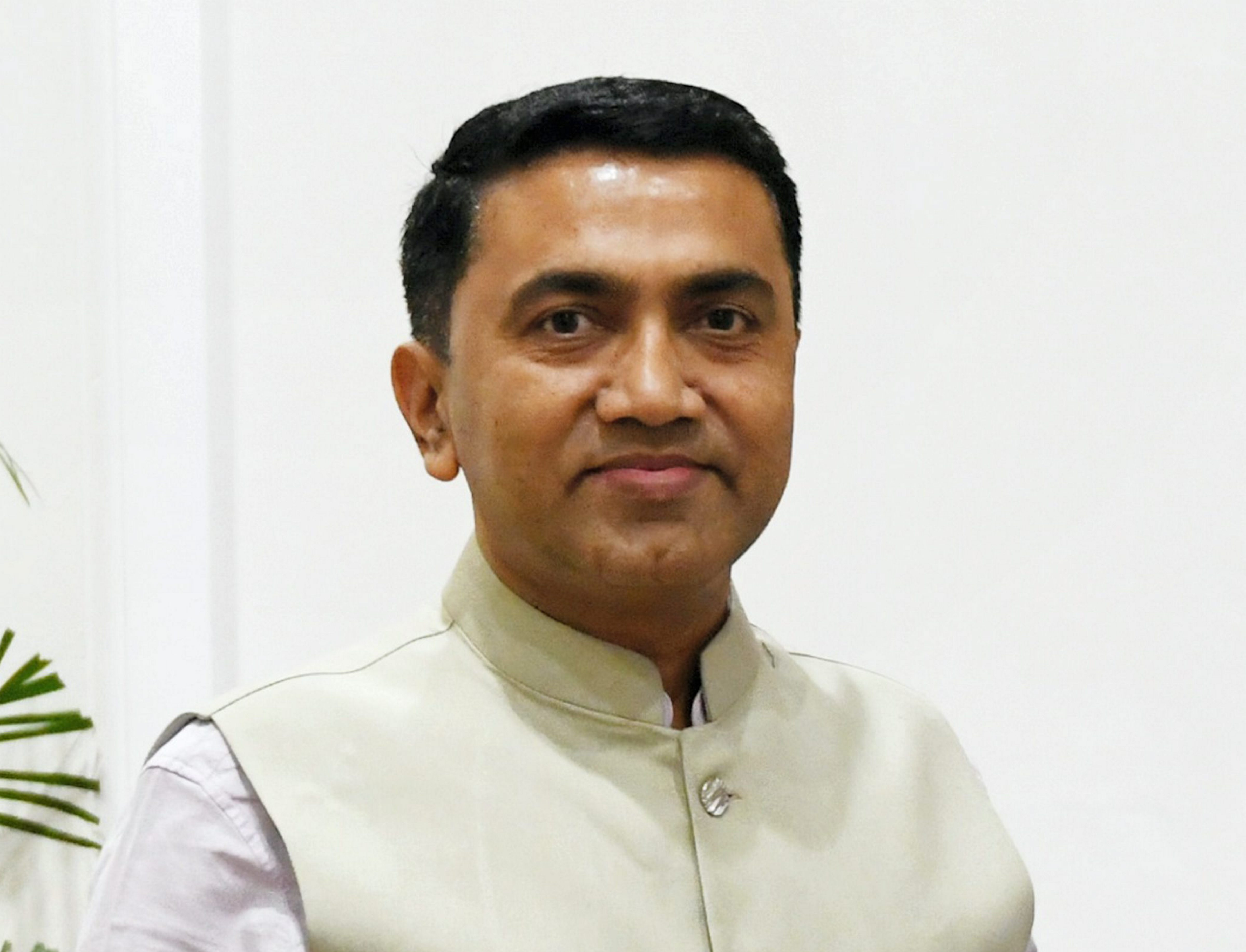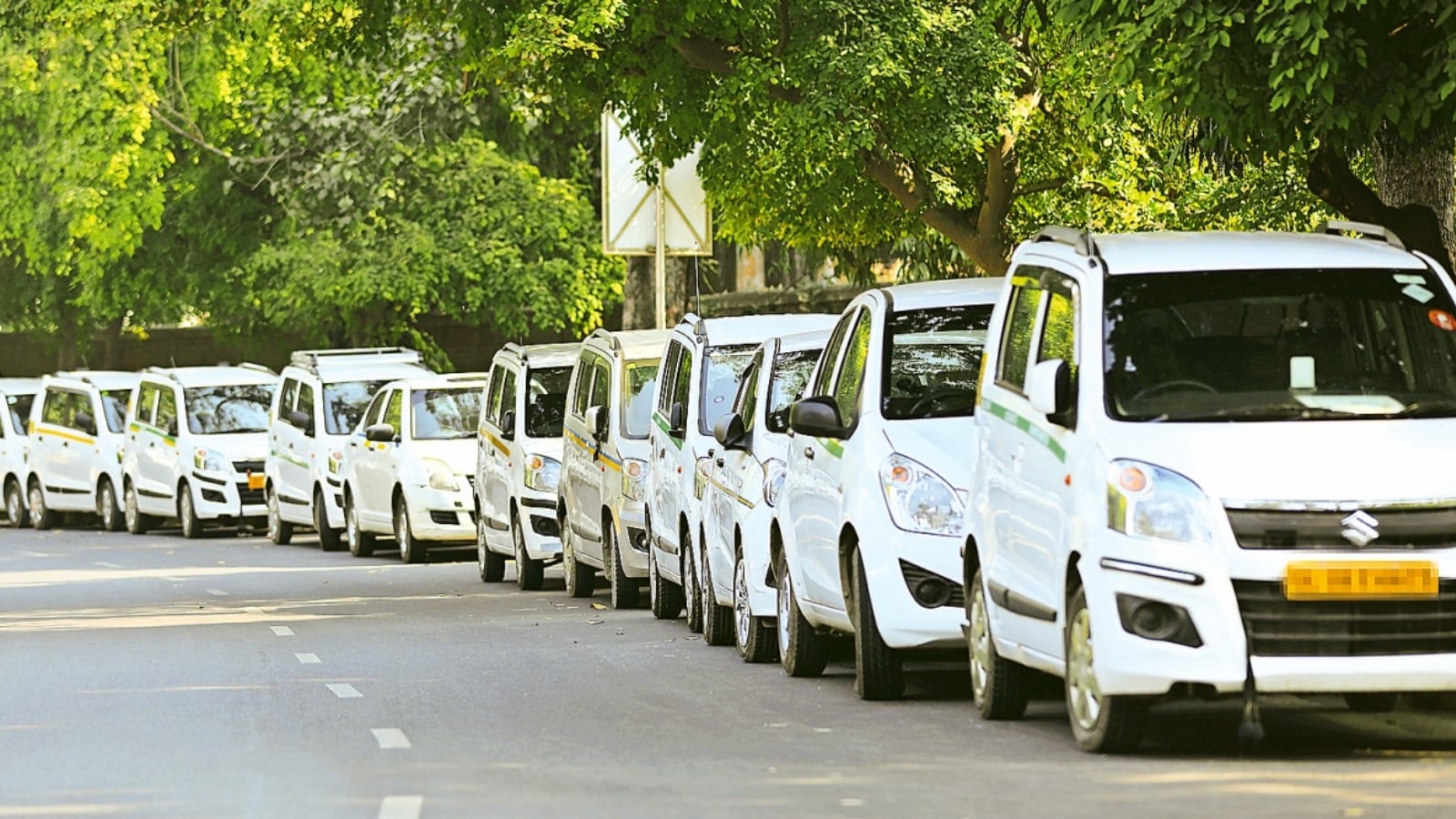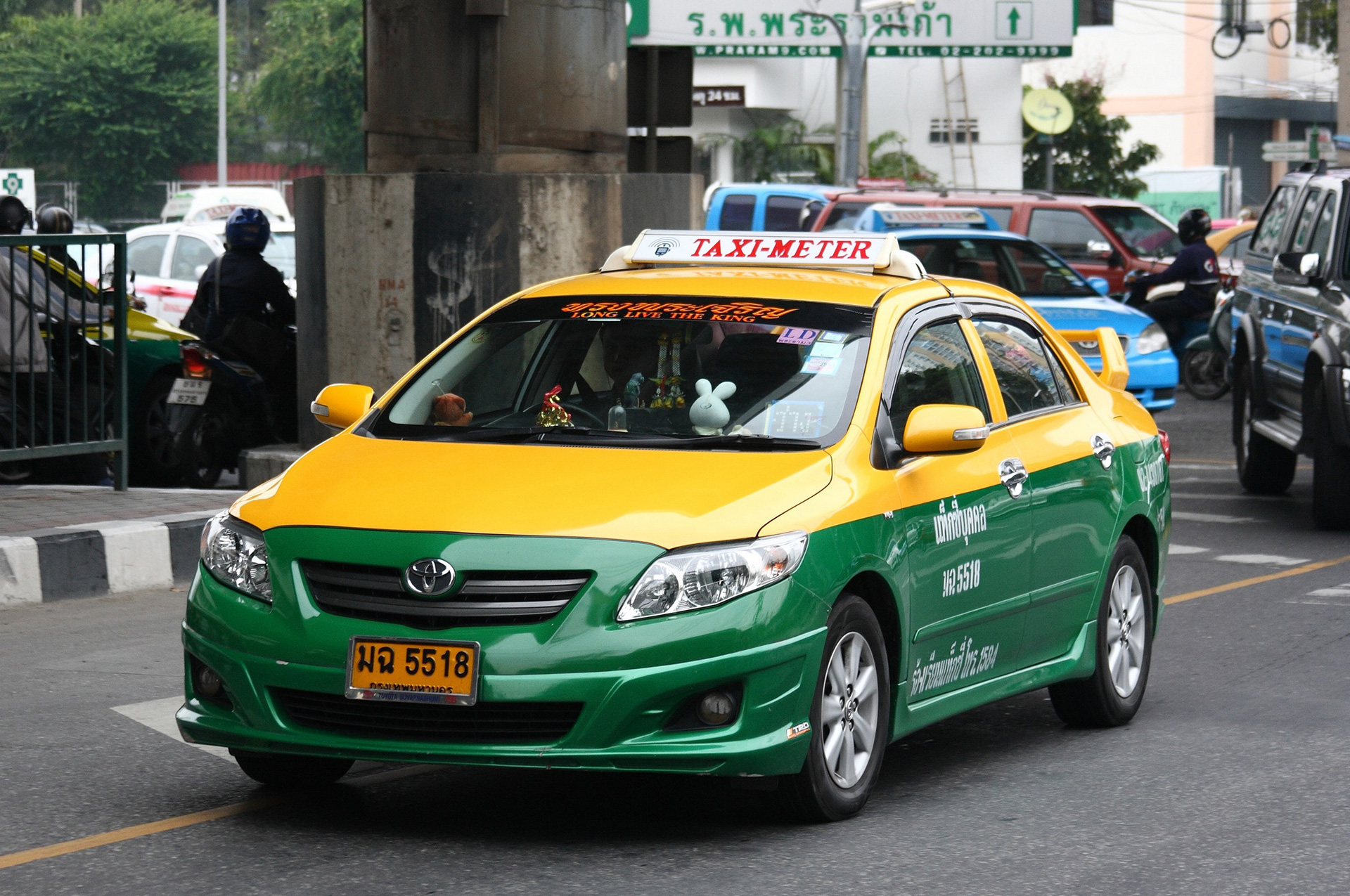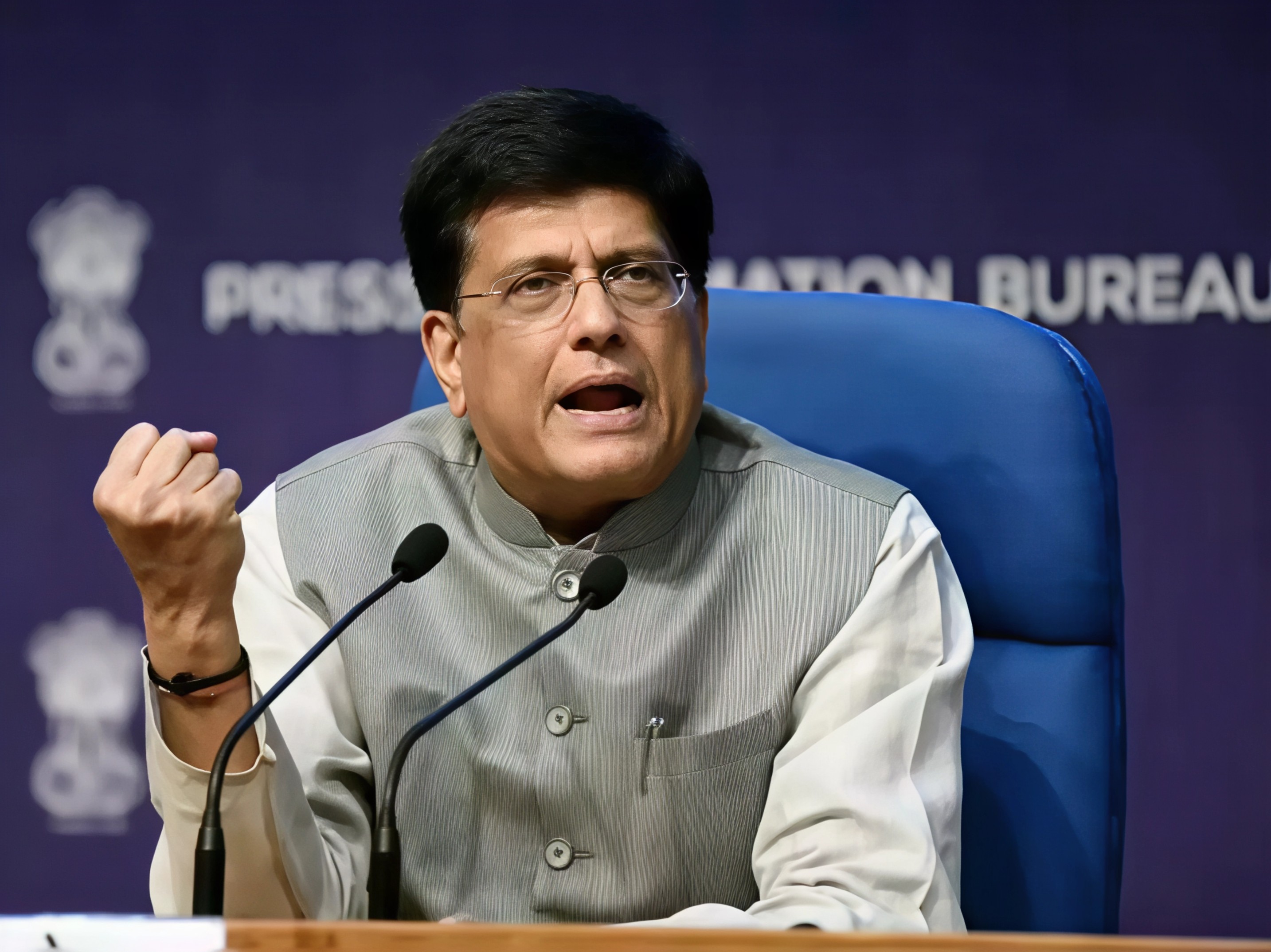For many travellers, a trip to Goa begins with a struggle that has little to do with beaches or nightlife—finding a fair and reliable taxi. Negotiating with drivers, waiting endlessly for rides, and dealing with unpredictable fares have long been part of the travel story in the coastal state. What should be a simple journey often becomes a frustrating and expensive experience, affecting both tourists and locals. After years of complaints, the state government is now promising a major reset.

Chief Minister Pramod Sawant has announced that Goa will have a comprehensive draft taxi policy ready by September 10. The new framework is being designed to ensure transparency, improve security, and rationalise fares across the board. The move comes after discussions between the government and taxi operators in Porvorim, where Sawant emphasised that the aim is to balance the needs of visitors while protecting the livelihood of local drivers. Once implemented, the new rules will replace the existing draft guidelines for cab aggregators.
Tourism Minister Rohan Khaunte and Transport Minister Mauvin Godinho also supported the move, noting that tourists remain central to Goa’s economy and that reforms in the taxi sector must build trust for all stakeholders. Leader of Opposition Yuri Alemao joined the discussions, signalling broad political support for a long-awaited policy shift.

Among the proposals gaining traction is the introduction of a state-run digital platform for taxi bookings. Calangute MLA Michael Lobo argued that Goa should move away from dependency on private cab aggregators and instead create its own system to regulate fares and bookings. The goal, he explained, is to ensure consistency in pricing and prevent underquoting or overcharging that has damaged Goa’s reputation among visitors.
The scale of the challenge is significant. Official data shows that Goa currently has more than 17,000 registered taxis, including those with state and national permits, alongside hundreds of yellow-black and blue cabs. Allegations of overcharging have persisted for years, with many tourists voicing frustration that taxi costs often outweigh other travel expenses. This perception, officials fear, has discouraged repeat visits and impacted Goa’s standing as a friendly tourist destination.
By addressing these concerns with a clear policy, the government hopes to improve the travel experience while maintaining fair earnings for taxi operators. Uniform fares, enhanced security, and accessible booking options could transform what has long been a pain point into a smoother, more reliable system.
If the draft is finalised and implemented as promised, Goa’s taxis may soon shift from being a source of stress to a symbol of convenience. For tourists eager to explore the state’s beaches, forts, and villages without the worry of being overcharged, this change could not come sooner.
Follow Travel Moves on Instagram and Facebook for more updates on travel policies, guides, and insider tips to make your journeys stress-free and memorable.









